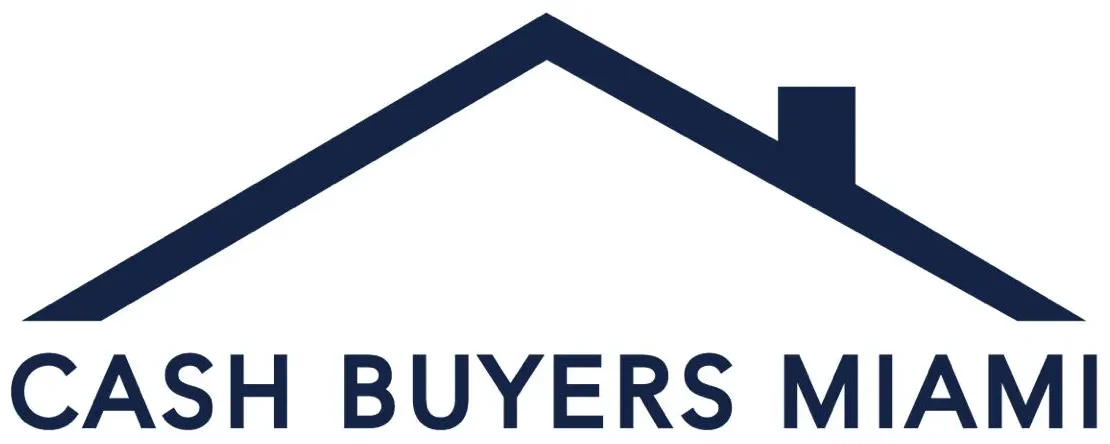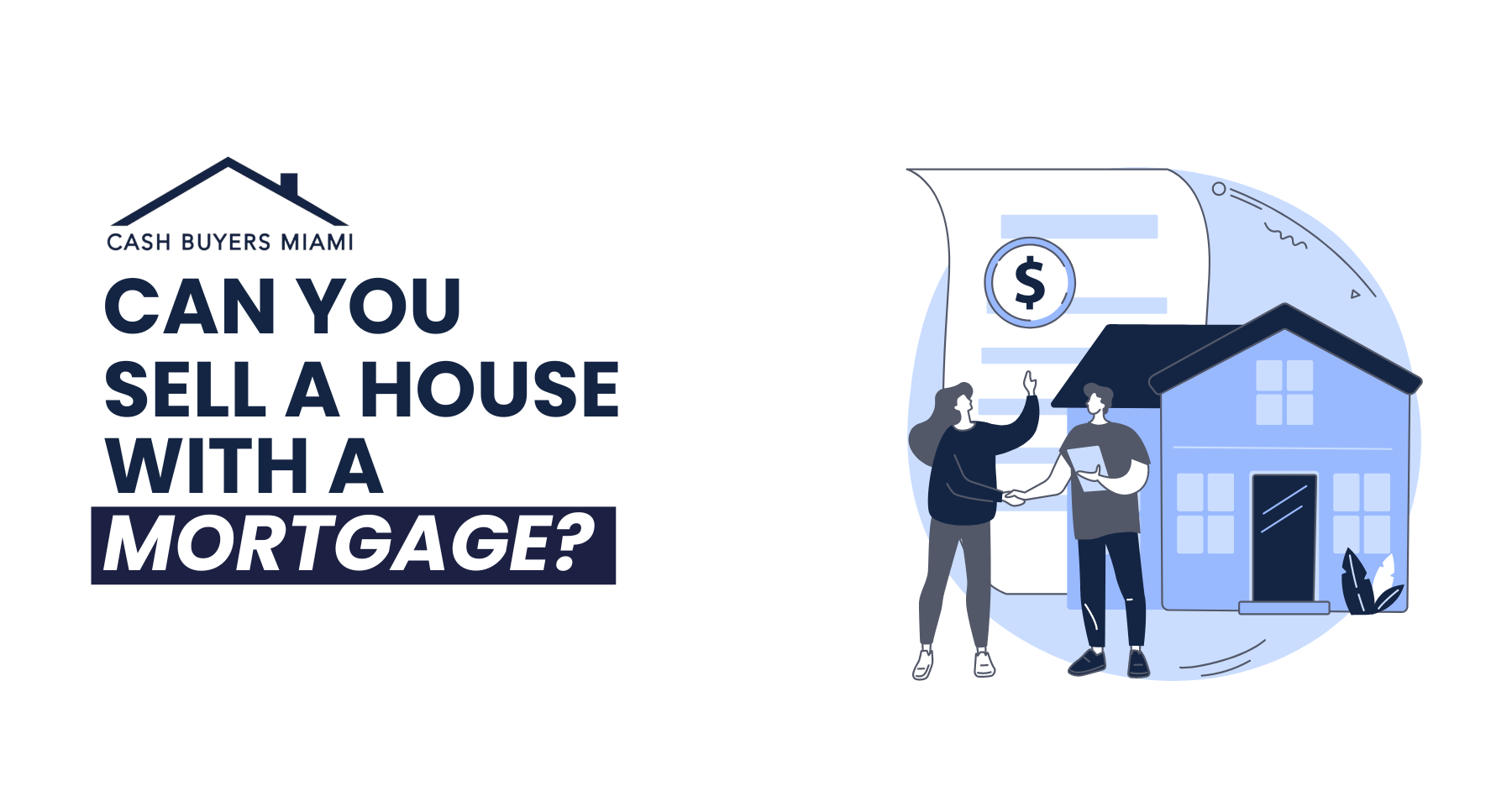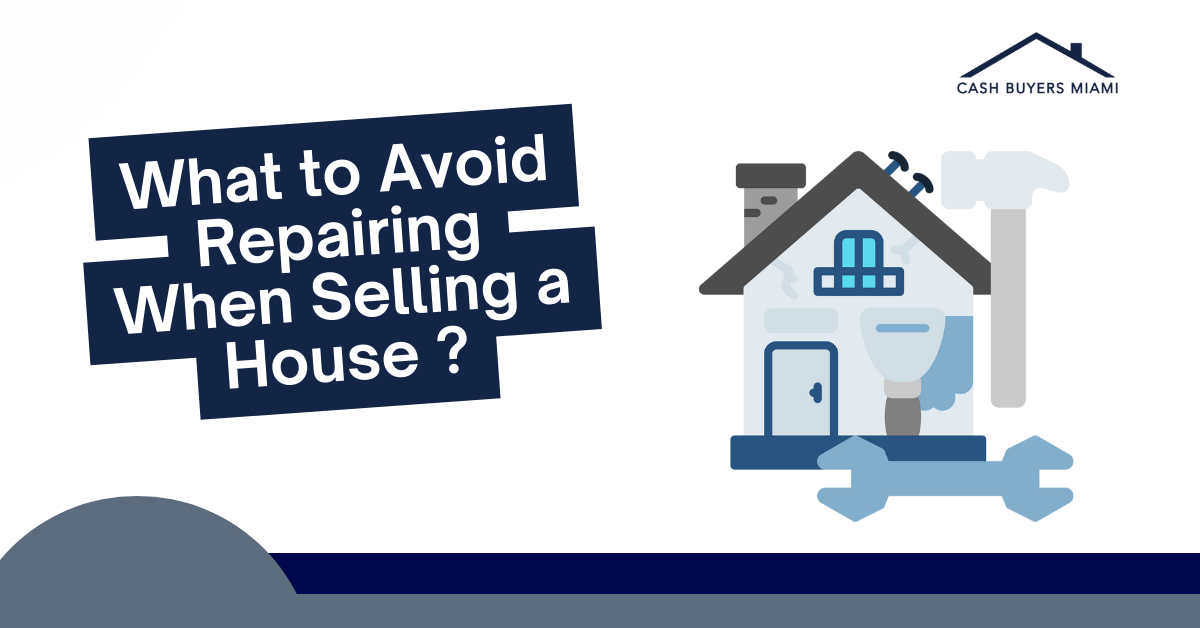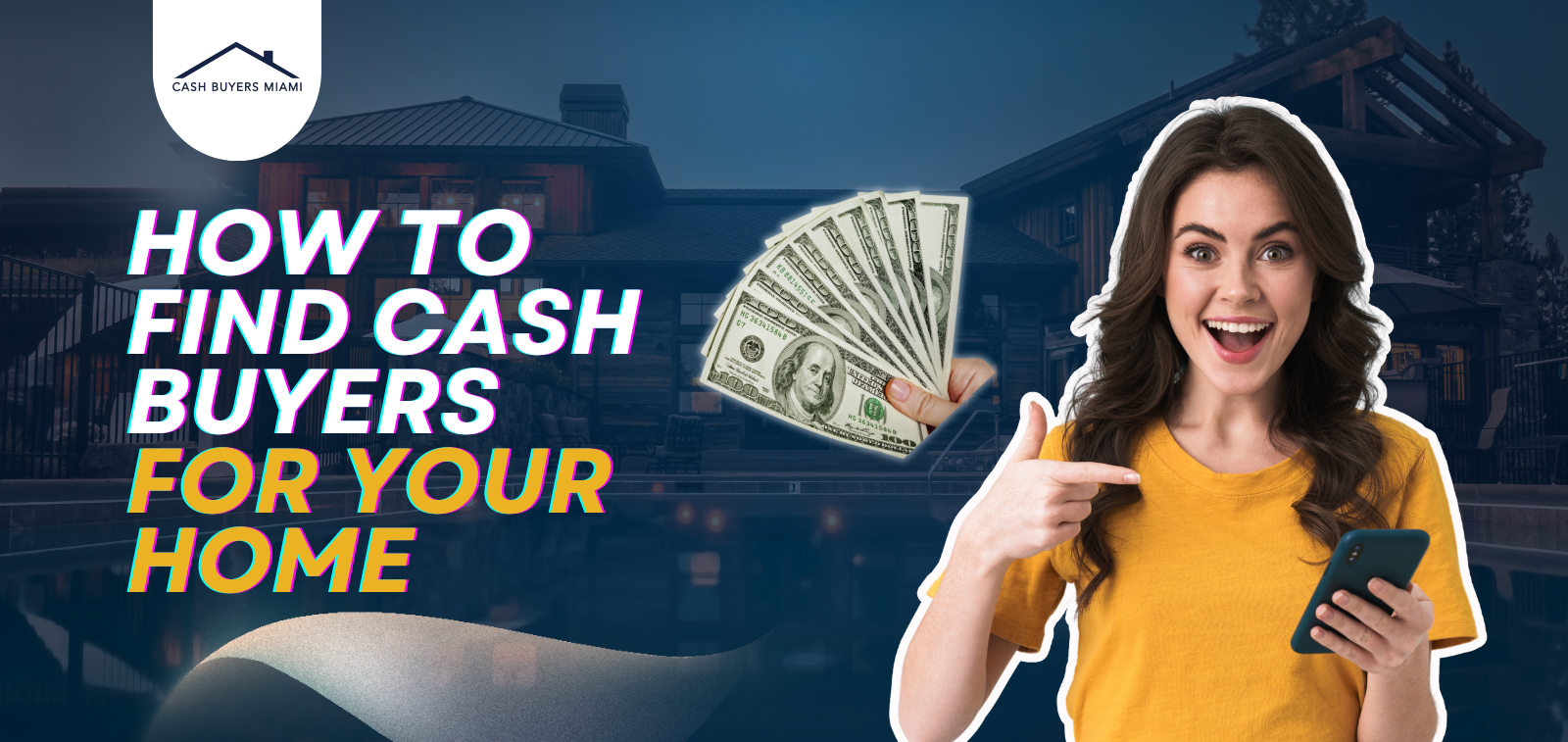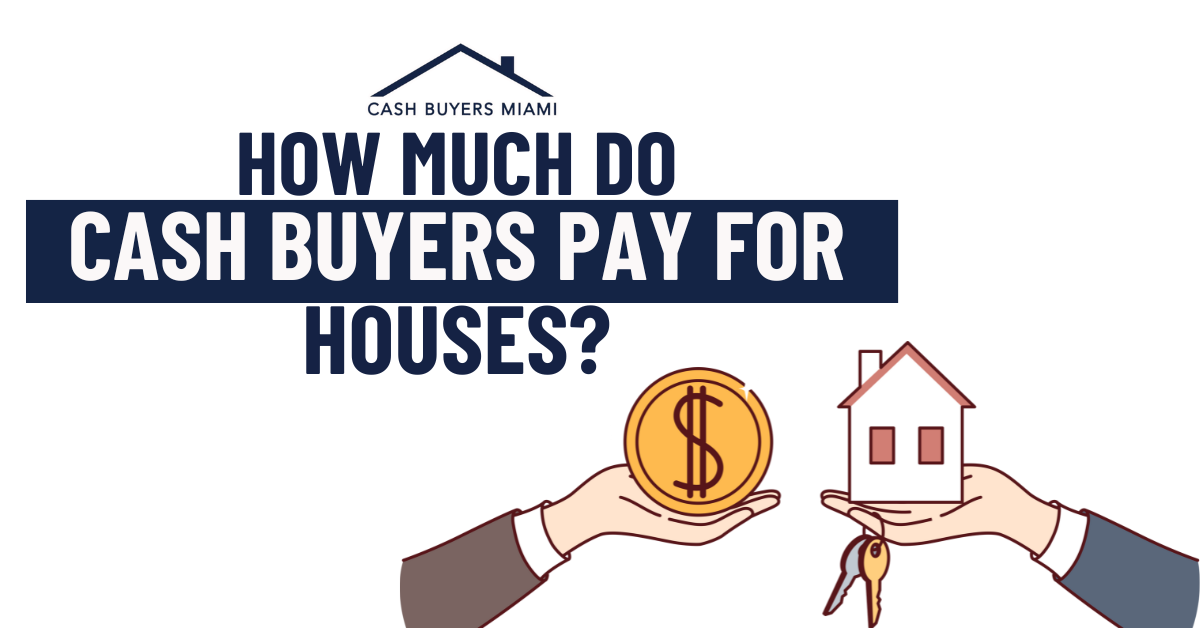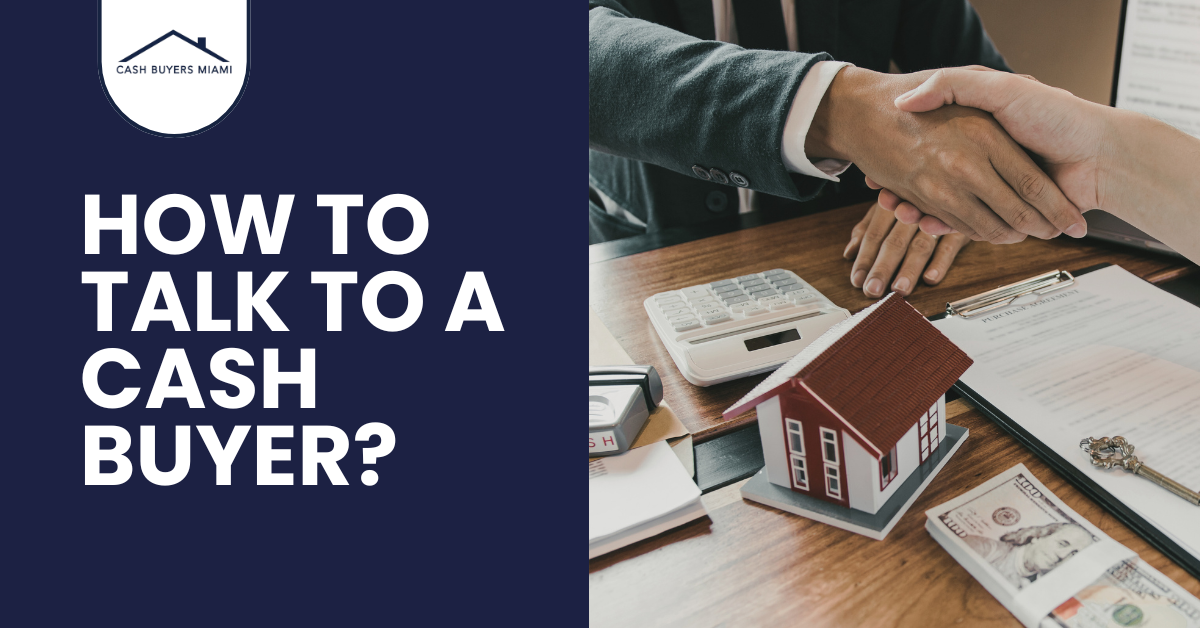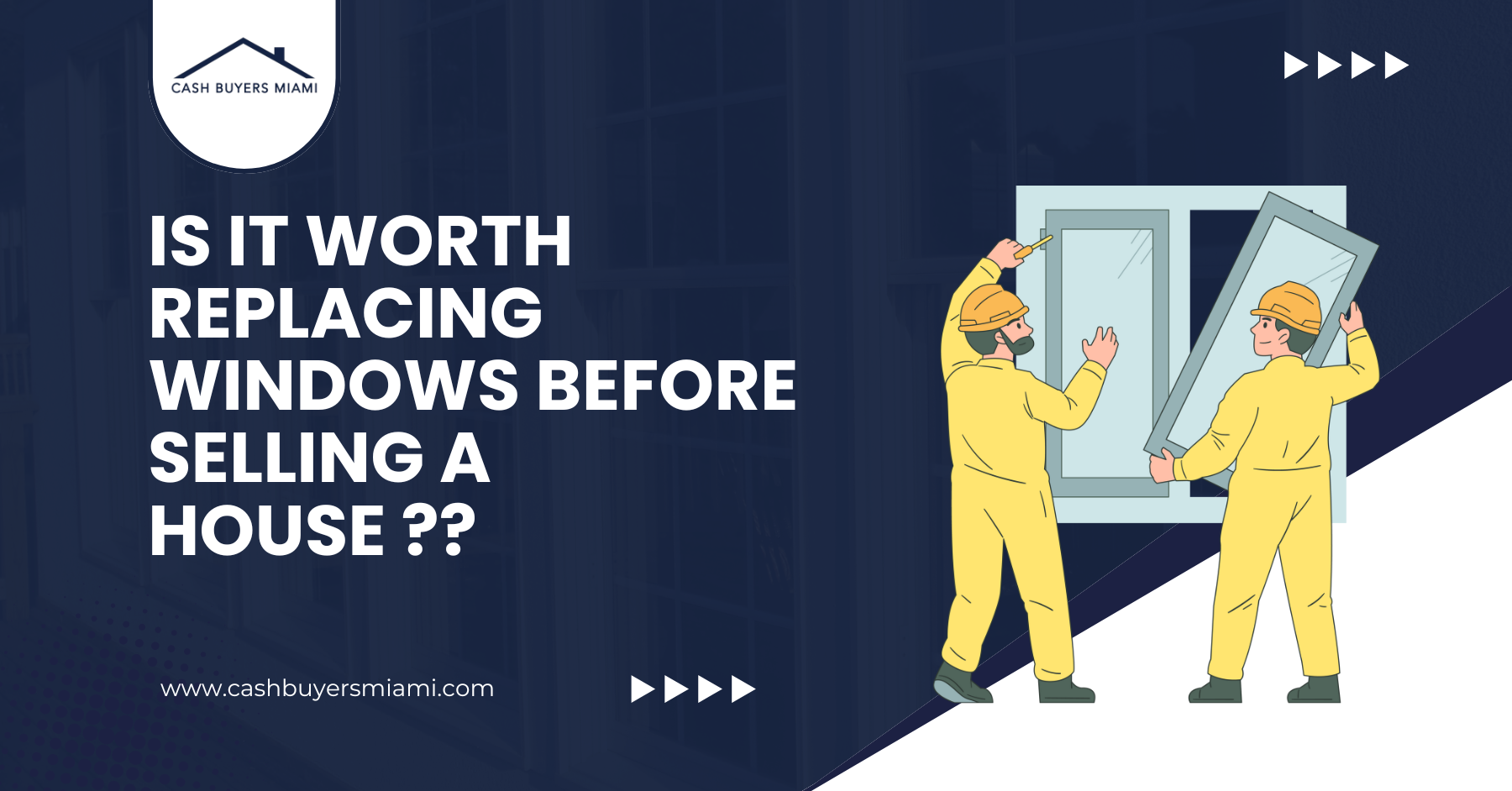Can You Sell a House with Mortgage? Everything You Need to Know
If you are considering selling your home but still have a mortgage on it, you might be wondering if it’s even possible. The short answer is yes—you can absolutely sell a house with mortgage.
In fact, this is a common situation for homeowners. However, it’s important to understand how the process works, especially when dealing with specific mortgage types like reverse or assumable mortgages or even second mortgages.
Let’s dive into the details of selling your house with a mortgage, how the process unfolds, and what scenarios you might encounter.
How to Sell a House with Mortgage
Selling a house with a mortgage is quite straightforward. When you sell your home, the proceeds from the sale are used to pay off your remaining mortgage balance. This means you will need a mortgage payoff amount from your lender before closing. If the sale price is higher than what you owe, you keep the difference; however, if you owe more than the home is worth, you may have to pay the difference.
So, how does selling a house work with mortgage?
Here’s a simplified breakdown:
- Agree on a sale price with a buyer.
- Get your mortgage payoff amount from the lender.
- At closing, the lender is paid off first, and you receive any remaining funds.
It’s also worth noting that what happens when you sell a house with a mortgage is largely the same regardless of the mortgage type. You need to settle your debt with the lender using the sale proceeds.
CONTACT US TO SELL A HOUSE WITH A MORTGAGE: 305-600-5187
Selling a House with a Reverse Mortgage
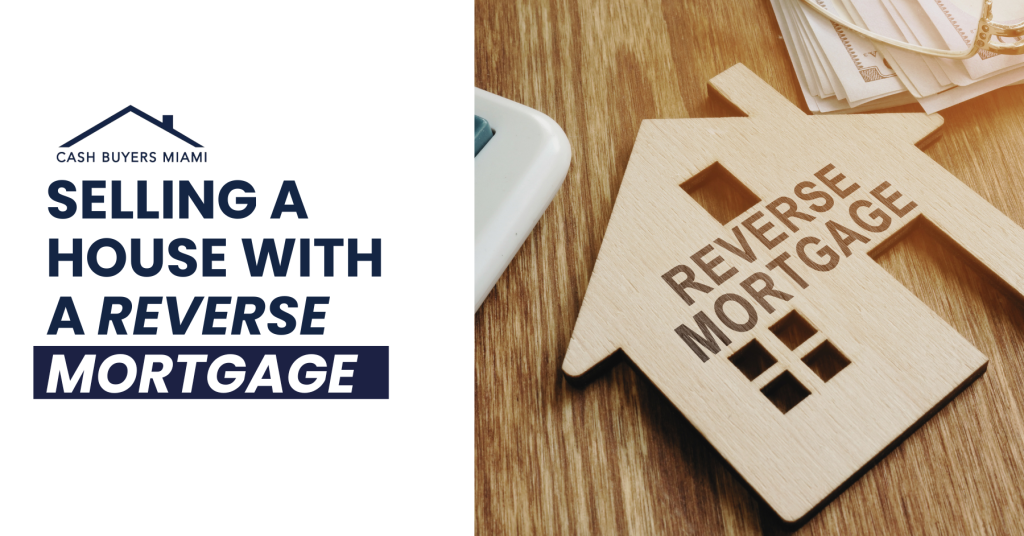
Selling a house becomes more complex when you have a reverse mortgage. These mortgages are typically aimed at senior homeowners who borrow against the equity in their homes. The loan doesn’t have to be paid back until the homeowner passes away or moves out, at this point, the loan balance becomes due. If you or your heirs decide to sell the home, the proceeds go toward paying off the reverse mortgage.
Many people ask, can you sell a house with a reverse mortgage? The answer is yes. However, be aware that what happens when you sell a house with a reverse mortgage is that the sale proceeds will first go toward settling the reverse mortgage balance. Any remaining equity is yours to keep.
Also read: How to find cash buyers?
How to Sell a House with an Assumable Mortgage
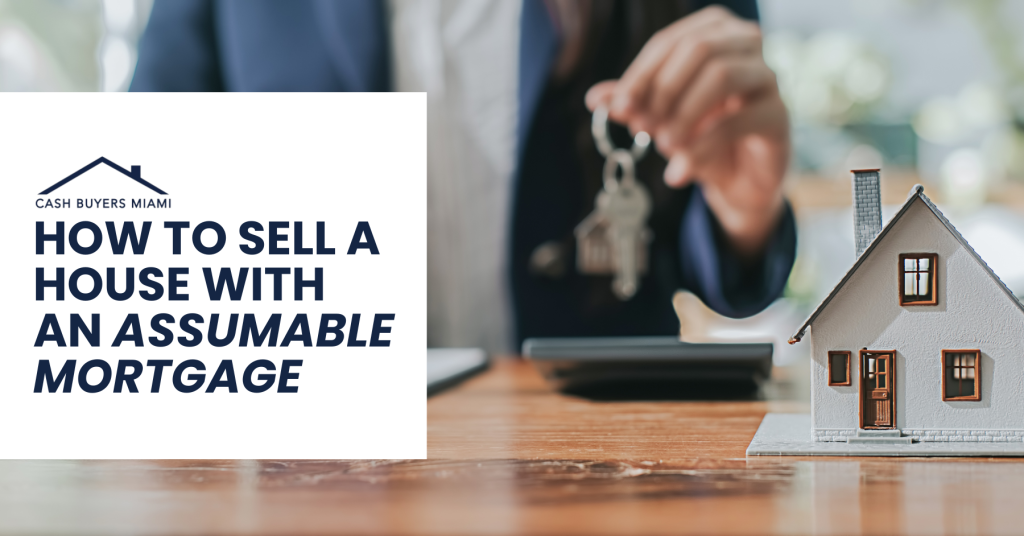
An assumable mortgage allows the buyer to take over your existing mortgage, which can be an attractive option if your interest rate is lower than current market rates.
How to sell a house with an assumable mortgage is fairly simple:
- The buyer must qualify with the lender to assume your mortgage.
- Once approved, the buyer takes over your mortgage payments, and free from further obligations.
This feature could be a strong selling point if fortunate enough to have an assumable mortgage. However, the buyer needs to meet the lender’s qualifications for the assumption to happen.
Also read: How much do cash buyers pay for houses?
Selling a House with a Second Mortgage or HELOC
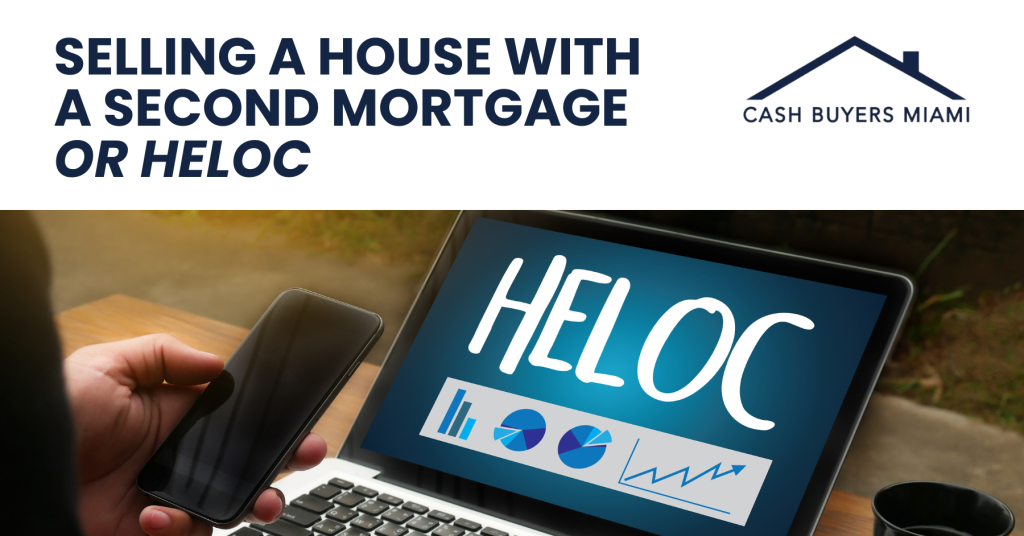
Selling a house that has a second mortgage or Home Equity Line of Credit (HELOC) attached is also possible. In this case, you will need to ensure that the primary and second mortgages are paid off from the sale proceeds.
Can you sell a house with a second mortgage? Yes, but be prepared to negotiate with your second lender if your sale price isn’t enough to cover both loans. Selling a house with a second mortgage often requires more financial planning, but it’s entirely doable.
Also read: What to avoid repairing when selling a house?
What Happens If You Sell a House with Mortgage Arrears?
If you are behind on mortgage payments, you may wonder if you can sell your home to avoid foreclosure. Selling a house with mortgage arrears is possible, but timing is key. If you can sell the house for more than what you owe, the arrears will be paid off at closing. In cases where the home’s value has dropped, you might need to negotiate a short sale with your lender to avoid foreclosure.
You may like: How to talk to cash buyers?
Situations: Fixed-Rate and Balloon Mortgages
People often ask, can you sell a house with a fixed-rate mortgage? Yes, you can. The process for selling a house with a fixed-rate mortgage is the same as any other mortgage type. The only difference is that the buyer may need to secure financing at current rates, which might be higher or lower than your fixed rate.
For those with a balloon mortgage, the situation is similar. Selling a house with a balloon mortgage means you will need to pay off the loan in full once the sale closes, and you may have a large lump-sum payment due.
Wrapping It Up!
In conclusion, selling a house with a mortgage is a common process that most homeowners will go through at some point. Whether dealing with a traditional mortgage, a reverse mortgage, a second mortgage, or even an assumable mortgage, understanding the steps and preparing accordingly can help you navigate the process smoothly.
By knowing what happens when you sell a house with a mortgage, you can make informed decisions and handle the sale with confidence. So whether selling to upgrade, downsize, or relocate, there’s no need to worry about the mortgage standing in your way.
